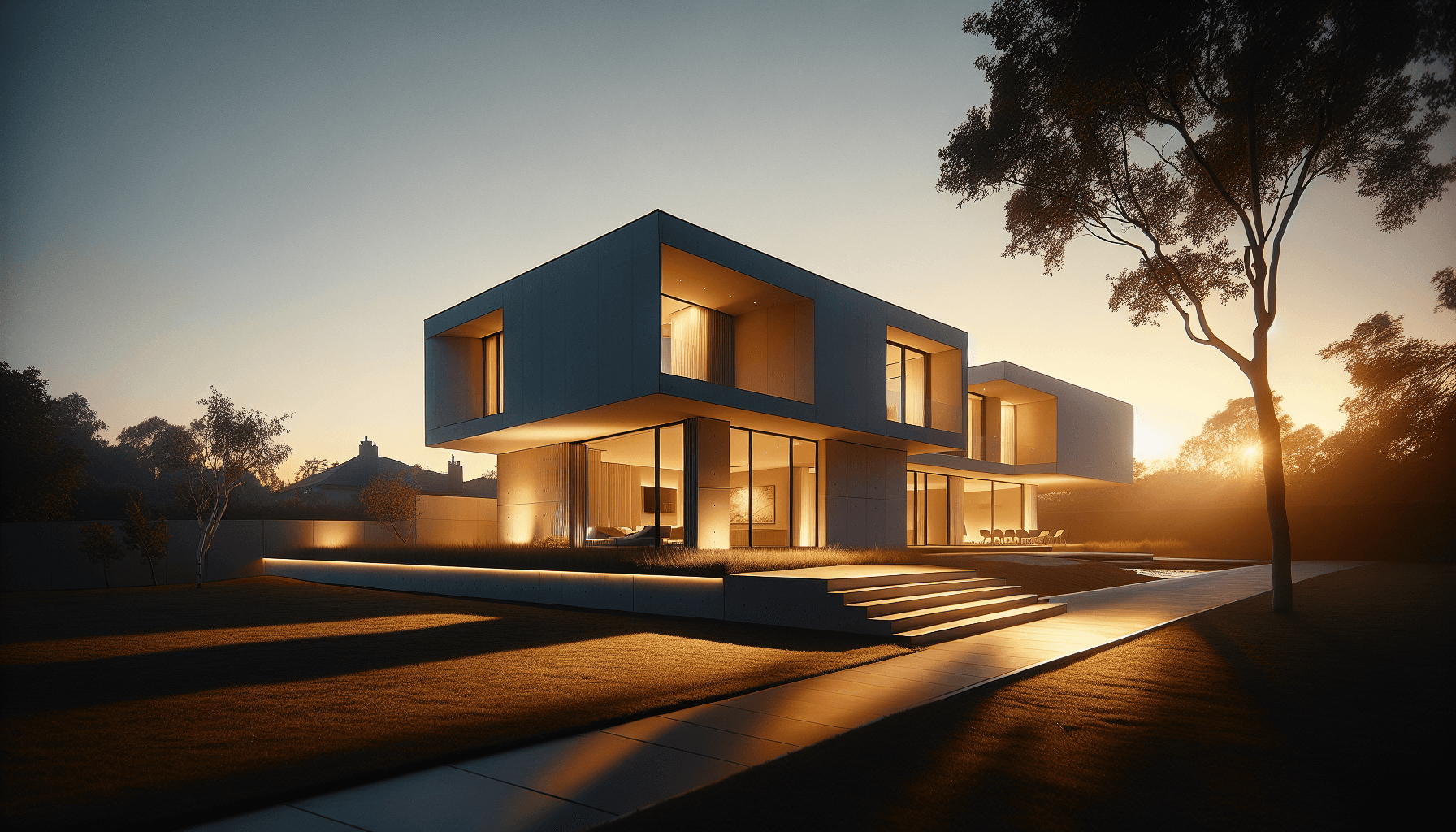What is a Manufactured Home and How is it Constructed?
I've noticed a significant shift in how people view manufactured homes. These aren't the basic mobile homes from decades past - they're sophisticated, well-built residences that offer amazing value. Let's clear up some common misconceptions and explore what makes these homes such a smart choice for many homebuyers.
Manufactured Home: A manufactured home is a residential structure that is built entirely in a factory according to federal building standards and then transported to its final location. Once delivered, it is installed on either a temporary or permanent foundation and connected to local utilities.
The Evolution of Manufactured Housing
The story of manufactured homes starts with the mobile homes of the 1950s and 60s. Everything changed in 1976 when the HUD Code came into play - this set strict standards for construction, strength, durability, fire resistance, and energy efficiency. The manufacturing process now mirrors what you'd see in a high-tech automotive plant, with rigorous quality control at every step.
Construction Process and Features
Building a home in a factory might sound strange at first, but it makes perfect sense. Think about it - would you rather have your home built outside in the rain and snow, or inside a controlled environment where every nail and board stays dry?
Here's what goes into making these homes:
The process starts with a solid steel frame that forms the foundation
Floors, walls, and roof are built in sections using precision equipment
Electrical, plumbing, and HVAC systems are installed in controlled conditions
Interior finishes like cabinets, flooring, and fixtures are added
Multiple quality checks happen throughout the process
Benefits and Considerations
The cost savings of manufactured homes can be substantial. Factory construction reduces waste, labor costs, and building time. You'll often pay 20-30% less compared to a traditional site-built home.
But it's not just about saving money. These homes offer:
Quick construction timeframes - weeks instead of months
Energy-efficient designs that keep utility bills low
Custom options for floor plans, finishes, and features
Common Misconceptions
I hear plenty of myths about manufactured homes. People worry about quality, but modern manufactured homes are built to last. They stand up to weather just like traditional homes, and many appreciate in value when properly maintained and located on owned land.
Financial Aspects
Financing a manufactured home isn't much different from financing any other home. You have several options:
Conventional mortgages for homes on permanent foundations
Chattel loans for homes on leased land
FHA loans with competitive rates
Legal and Zoning Considerations
Before buying, check local zoning laws and community regulations. Some areas have restrictions on manufactured homes, while others welcome them. You'll need to decide between buying land or placing your home in a manufactured home community.
Future of Manufactured Housing
The manufactured housing industry keeps getting better. New designs include smart home technology, solar options, and modern architectural features. These homes are becoming more popular with millennials and retirees alike, showing they're a viable option for different lifestyles.
Ready to Learn More?
If you're considering a manufactured home, Bellhaven Real Estate can guide you through the process. From finding the right location to understanding financing options, we're here to help make your homeownership dreams come true.

